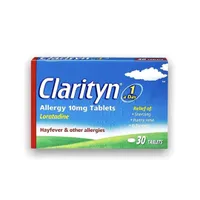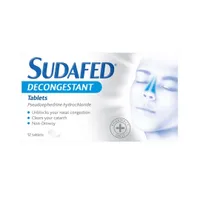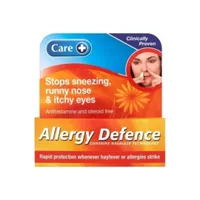A doctor reckons these are the only ways to ease your hayfever symptoms, FYI
The first pollen bomb of the year is set to hit England this Easter weekend - you were warned.
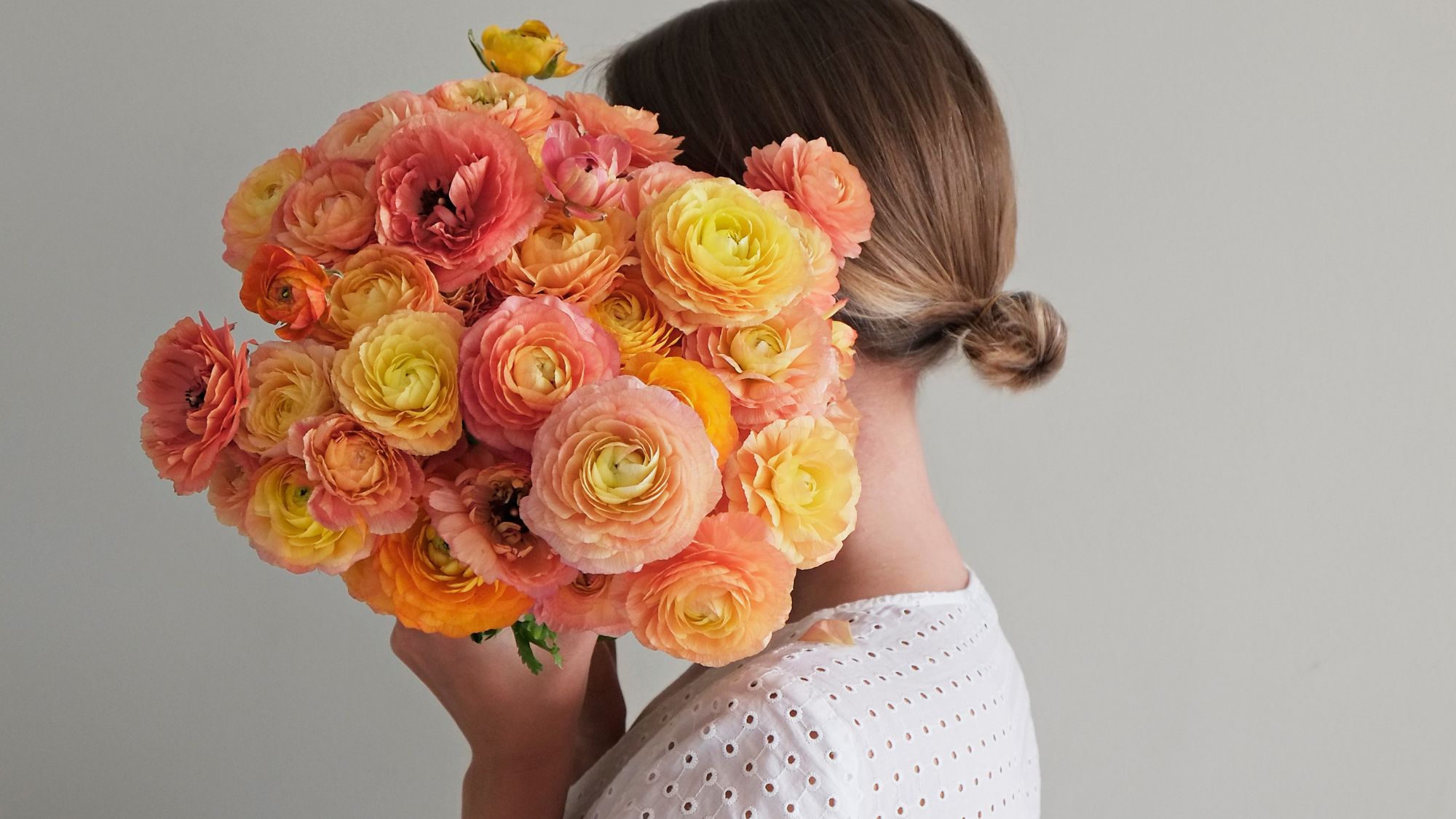
- 1. Buy some hay fever tablets, aka antihistamines
- 2. Talk to your GP about a corticosteroid nasal spray or drops
- 3. Buy a nasal decongestant
- 4. Buy a cellulose powder nasal spray
- 5. Buy some eye drops
- 6. Buy a nasal balm or salve
- 7. Have a spoonful of honey
- 8. Up your intake of carotenoids
- 9. Brew a chamomile tea
- 10. Up your fish intake
- 11. Clear out your fridge
- 12. Shower at night
- 13. Put down the bubbly
- 14. Add garlic
- 15. Beware of your washing line

A word of warning for you hayfever sufferers - the first pollen bomb of the year is set to hit England this Easter weekend, according to the Met Office. If you're one of the many who get hayfever - you know, that incurable throat tickle, streaming eyes and constant sneezing - then you're probably desperately searching the Internet for the best hayfever remedies.
One in five people suffer from hayfever in the UK, and while it's normally at its worst from May onwards when the UK grass pollen season starts, this year, it looks set to start earlier. Affecting 95 per cent of hayfever sufferers, peak pollen season runs until July.
Already dreading the thought of long days in the sun scratching itchy eyes and fumbling in your bag for tissues? We've got you covered. Keep scrolling as a nurse shares her ten best hayfever remedies - in her opinion, the only ten preventative measures that are worth your time.
Best hayfever remedies: your guide
Symptoms include a runny nose, itchy eyes, sneezing, the sensation of having mucus at the back of your throat, coughing, tiredness, and headaches (yes, hay fever can give you headaches). Yep - hayfever can be pretty miserable.
"True hayfever is seasonal, and only occurs at specific times of the year," explains Amena Warner, nurse and Head of Clinical Services at Allergy UK. "Symptoms usually start at the beginning of April or May, when it peaks, then decreases by the end of July, beginning of August, depending on weather patterns."
Wondering whether you have hayfever or are just suffering from a cold? Well, the easiest way to tell the difference is through your mucus. With hayfever, the mucus is usually clear and colourless and the nose feels itchy. With a common cold, the nasal discharge can be green. You can also get a temperature with a cold.
Warner elaborates: "In the absence of a temperature, no green discharge and if it's within hayfever season, this is usually indicative of an allergy."
While there’s no definitive cure for hay fever, there are effective ways to relieve your symptomos, continues Dr. Warner. Keep scrolling for their failsafe tips.
1. Buy some hay fever tablets, aka antihistamines
Available as hayfever tablets or nasal sprays, antihistamines work by blocking the action of the chemical histamine, which is released by the body in the hay fever allergic reaction.
You'll likely have tried them before, and know that antihistamines can either be taken as a preventative treatment on days when you know there’s going to be a high pollen count, or as needed when you first notice you’re developing symptoms.
2. Talk to your GP about a corticosteroid nasal spray or drops
Ever heard of corticosteroid treatments before? In a nutshell, they're a type of steroid treatment designed to be taken a couple of weeks before you expect your symptoms to start.
If you have a big event coming up, such as a wedding or holiday, it might be worth booking an appointment with your GP. They'll often prescribe a short course of corticosteroids to help control the worst of your symptoms during that time.
3. Buy a nasal decongestant
Not the most glamorous but certainly effective are nasal decongestants, designed to counter the blocked nose that so often comes with hayfever symptoms.
Decongestants can be useful as they have an anti-inflammatory effect, helping to reduce the swelling of blood vessels in the nose.
Sudafed Decongestant Tablets - 12 pack
£3.85, Boots, Lloyds Pharmacy, and more.
4. Buy a cellulose powder nasal spray
According to Dr. Emberlin, opting for a natural cellulose powder spray such is one of the best hayfever remedies as it has no side effects and is non-drowsy.
When sprayed into the nose, it forms a protective gel layer which acts as a barrier to allergens. It should be used at least three times a day, but can be used as often as needed.
Care Allergy Defence Powder Spray 500mg
£5.99, available at Amazon, Holland & Barrett, and more.
5. Buy some eye drops
Simple yet effective, Dr. Warner advises that while eye drops won't prevent your symptoms, they will help sore, red eyes feel less irritated.
6. Buy a nasal balm or salve
Ever tried one before? If you haven't, the doctor shares that they can be a highly effective way to trap pollen before it enters your body.
Try this: rub the base of your nose with a nasal balm to help trap pollen. It’s invisible and most are non-greasy, so you won't end up with a product all over your nose.
7. Have a spoonful of honey
While there is no conclusive scientific evidence to prove that honey can help hayfever symptoms, many people swear that it eases their discomfort.
How? Well, the logic goes that just a spoonful of honey each day helps to desensitise you to pollen, in turn easing the unpleasant dreaded side effects.
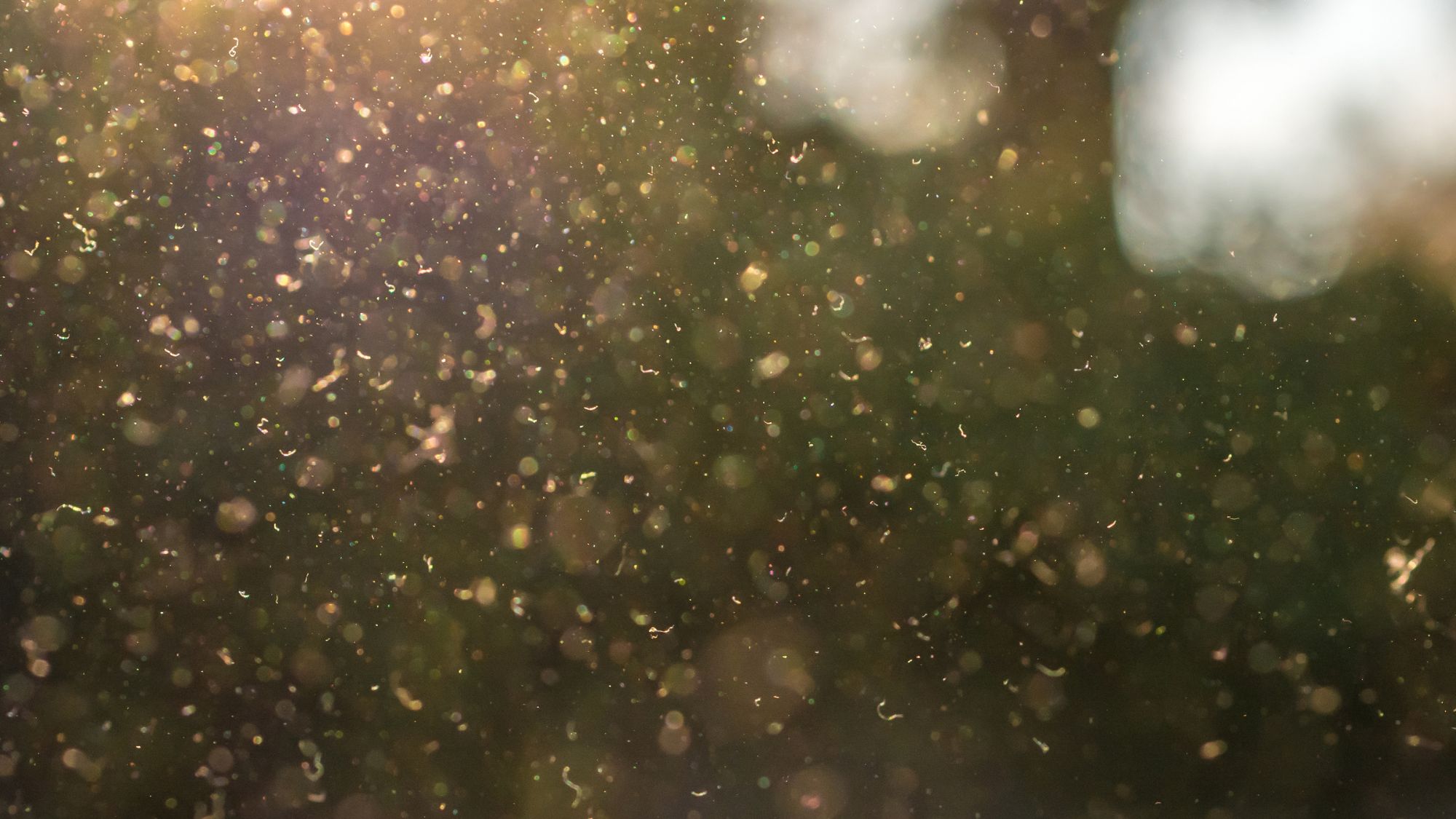
8. Up your intake of carotenoids
In other words, eat more carrots, apricots, pumpkin, sweet potatoes and spinach, all of which contain the naturally occurring pigment.
Carotenoids act as powerful antioxidants and are believed to not only reduce inflammation, but boost your immune system, too.
9. Brew a chamomile tea
Did you know? Chamomile tea, as this 2018 study shows, has been found to relieve inflammation in your airways.
Not only is chamomile an antioxidant with an antihistamine effect, but it’s also a source of flavonoids, which help strengthen your nasal membranes to prevent irritating particles, like pollen, from entering your bloodstream.
10. Up your fish intake
You'll likely know that the omega fatty acid found in fish is important for boosting your immune system.
But did you know? The first phase of an immune reaction, like hayfever, is an inflammatory reaction – and fish oil is an anti-inflammatory. Not only that, it’s a great booster for your immune system.
11. Clear out your fridge
A lot of foods can help reduce hayfever symptoms, but a lot of them can exacerbate the situation.
Experts recommend being mindful of your dairy intake if you suffer, as it over stimulates your glands, and reducing your consumption of tomatoes, too. Why? Well, while they're great antioxidants, they're naturally high in histamines.
12. Shower at night
Can hayfever make you tired and puffy? It sure can - which is why our experts advise washing your hair in the evening, rather than morning, if you suffer from hayfever.
This will get rid of any pollen that’s found its way into your hair, in turn making sure it doesn't end up on your pillow and wreak havoc while you’re sleeping. Puffy morning eyes, be gone.
13. Put down the bubbly
We know it’s cruel, especially during summer, but all of the experts we spoke to for this piece confirmed that drinking alcohol worsens symptoms.
In fact, one 2008 study published in the Clinical and Experimental Allergy journal by a team of Danish experts found that drinking two glasses of wine a day almost doubles your risk of hayfever. They tested around 6,000 between the ages of 20 and 29 over the course of an eight year period. This is because a high percentage of drinks actually contain histamine (a byproduct of the yeast and bacteria in the fermentation process).
Red wine and white wine are thought to be the worst culprits (they have the highest histamine levels)
If you can’t bear to skip the alcohol altogether, alternate with glasses of water.
14. Add garlic
While this too is yet to be scientifically proven, some people reckon that making sure you're eating two cloves of garlic in your meals each day can reduce excess catarrh (a build-up of mucus in an airway).
It also contains antioxidants that act as super antihistamines.
15. Beware of your washing line
Last but by no means least, try not to hang your washing outside on high pollen count days. Why? Well, the pollen could collect on your clothes and bedding and, in turn, trigger symptoms.
If you're really struggling with your symptoms, do make sure to talk to your GP or pharmacist to see which treatments are best for you.
Celebrity news, beauty, fashion advice, and fascinating features, delivered straight to your inbox!

Ally is Marie Claire UK's Senior Health and Sustainability Editor, a well-regarded wellness expert, nine-time marathoner, and Boston Qualifying runner.
Utilising her impressive skillset and exceptional quality of writing, she pens investigative, review and first-person pieces that consistently demonstrate flair and originality.
As well as writing, Ally manages a team of freelancers, oversees all commissioning and strategy for her pillars, and spearheads the brand's annual Women in Sport covers, interviewing and shooting the likes of Mary Earps, Millie Bright, and Ilona Maher. Shortlisted for three BSMEs and winning one in 2022, Ally lives and breathes her verticals: her eye for a story and connections within the wellness sphere are unrivalled. Follow Ally on Instagram for more.
